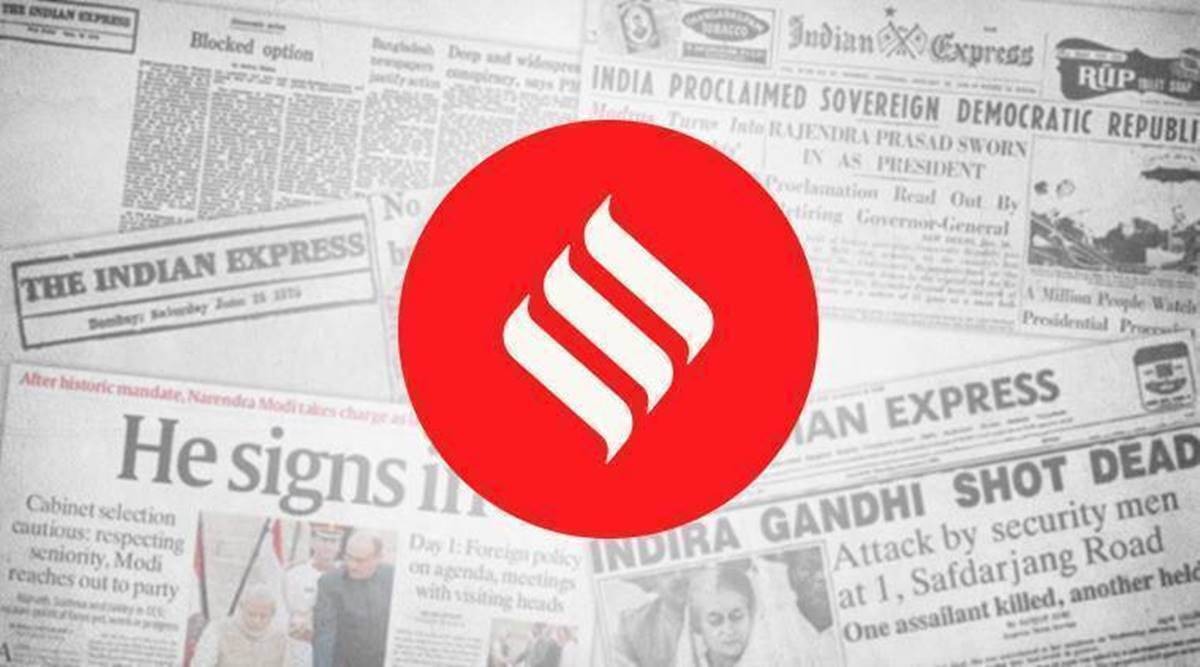 Transferring the case to a senior judge, the court acknowledged “the complexity of the issues involved” in the case. This is reminiscent of the court’s decision in the Ayodhya-Ramjanmabhoomi dispute where the civil suits were clubbed and transferred from lower courts directly to the Allahabad High Court.
Transferring the case to a senior judge, the court acknowledged “the complexity of the issues involved” in the case. This is reminiscent of the court’s decision in the Ayodhya-Ramjanmabhoomi dispute where the civil suits were clubbed and transferred from lower courts directly to the Allahabad High Court. Aday after the Supreme Court allowed namaz to continue at the Gyanvapi mosque and ordered securing the site where the Shivling is claimed to have been found, it transferred the case from the senior civil judge to the district judge arguing that the issue needed a more “seasoned hand”. Then the court suggested that the Places of Worship (Special Provisions) Act, 1991 doesn’t bar ascertaining its nature. This attempt by the court, ostensibly to “heal” and to balance competing claims in the Kashi Vishwanath temple-Gyanvapi mosque dispute, raises questions.
Transferring the case to a senior judge, the court acknowledged “the complexity of the issues involved” in the case. This is reminiscent of the court’s decision in the Ayodhya-Ramjanmabhoomi dispute where the civil suits were clubbed and transferred from lower courts directly to the Allahabad High Court. Short-circuiting due process is a slippery slope, especially in cases where “complexity” is as much about the law as it’s about politics. Leading the three-judge bench, Justice D Y Chandrachud remarked, in the form of a question to the parties, that the 1991 law may not bar “ascertaining” the nature of the place of worship even when it bars conversion of the religious character of any place of worship as it existed on August 15, 1947. Surely, the bench is aware that “ascertainment” in this case is not a mere intellectual inquiry, an academic expedition by diligent history students. The plea explicitly calls for access to worship — in Mathura, one even calls for demolition of the mosque — and, outside the courtroom, the lawsuits are framed by politics, faith, and a disdain of Constitutional norms. The court’s remark also contradicts its own unanimous verdict, that included Justice Chandrachud, which drew the curtains on the Ayodhya case. The SC held that the 1991 Act is “a legislative instrument designed to protect the secular features of the Indian polity, which is one of the basic features of the Constitution”. It also emphasised that the law preserves non-retrogression, “a foundational feature of the fundamental constitutional principles of which secularism is a core component”.
Just days ago, the Centre told the Supreme Court, in the sedition hearing, that the Prime Minister has repeatedly expressed his “unequivocal” views on “Constitutionally cherished freedoms”, that he has underlined one of India’s strengths as the “diverse thought streams that beautifully flourish”. The petitions in Kashi and Mathura challenge this very strength. Their final goal is the conversion of the religious character of these places in the name of “correcting historical mistakes.” The Supreme Court itself has said that independence from colonial rule furnishes a Constitutional basis for healing injustices of the past. The question is how will the Court put this idea into effect. It may need to do more, to say more, than the “balance” it has tried to strike so far.
Best of Express Premium
- The Indian Express website has been rated GREEN for its credibility and trustworthiness by Newsguard, a global service that rates news sources for their journalistic standards.

